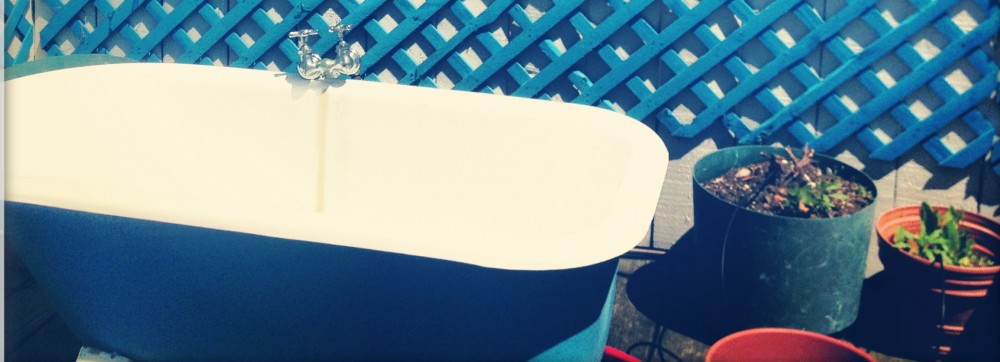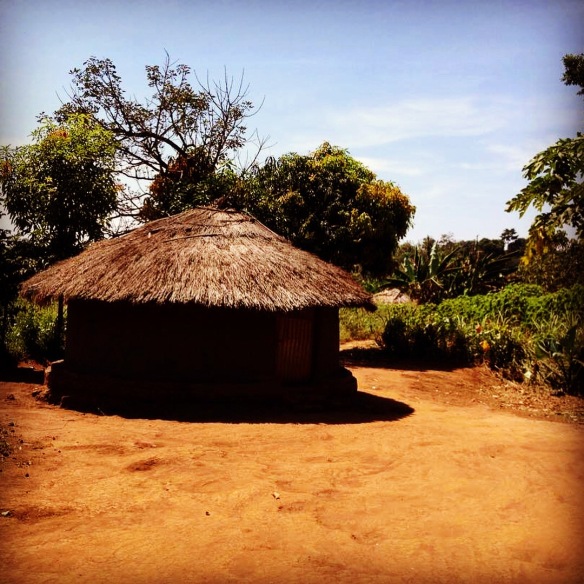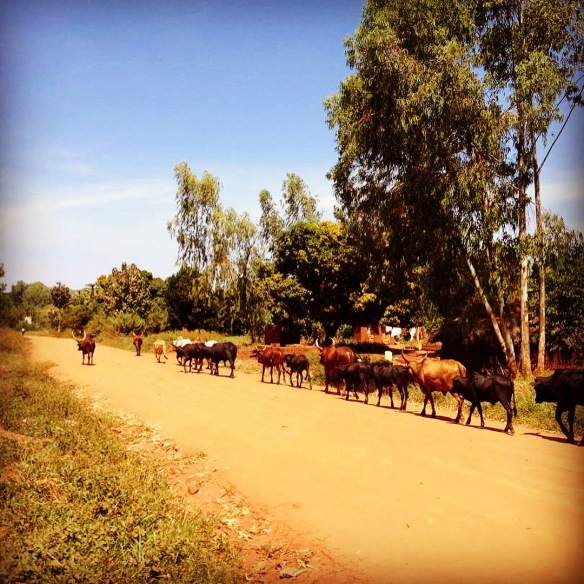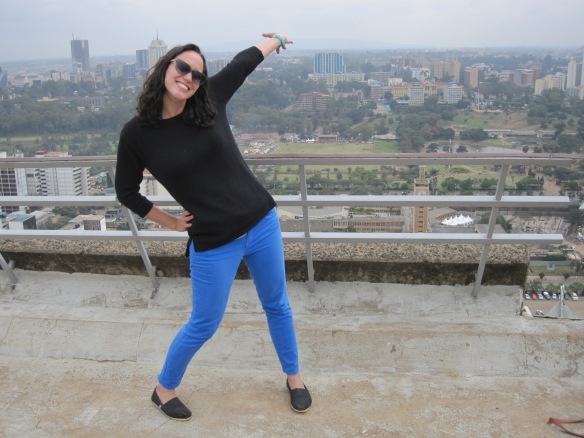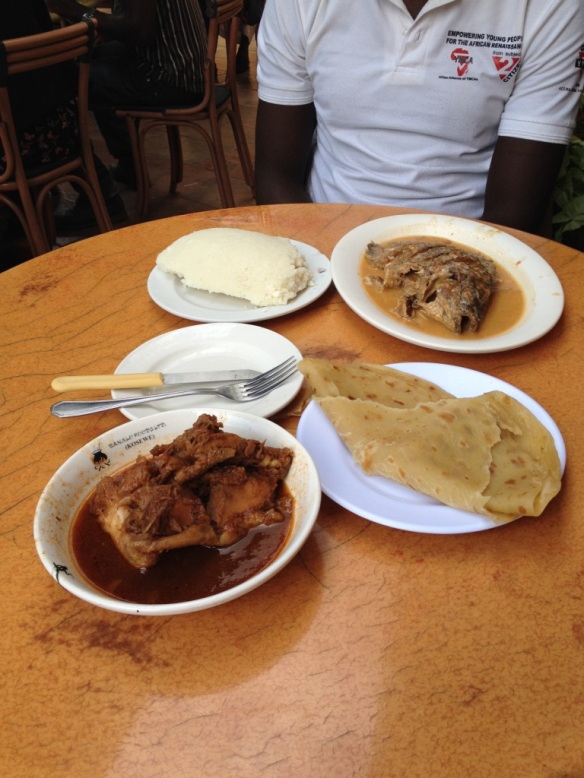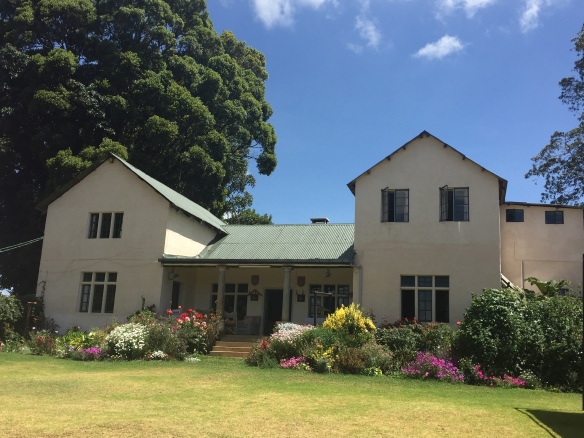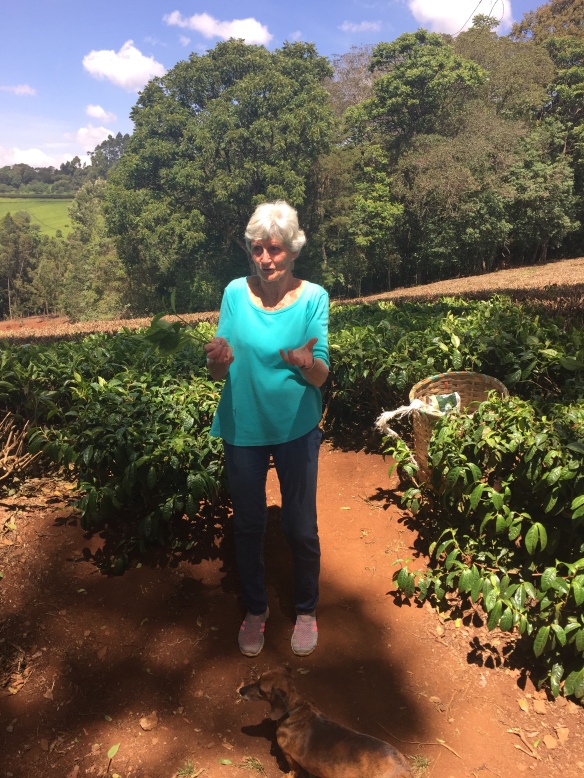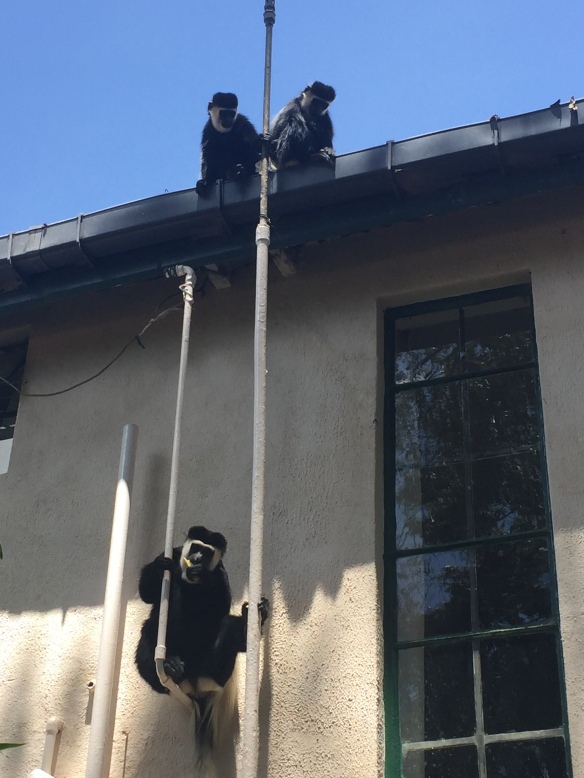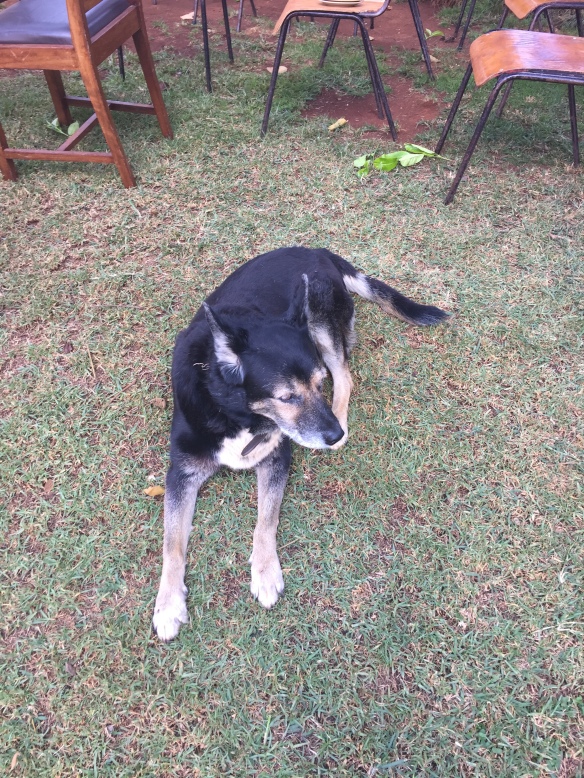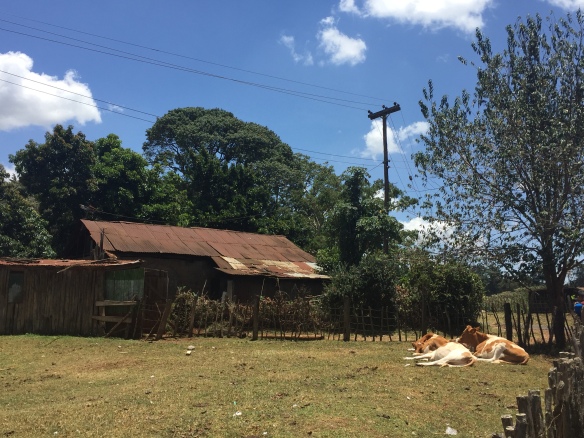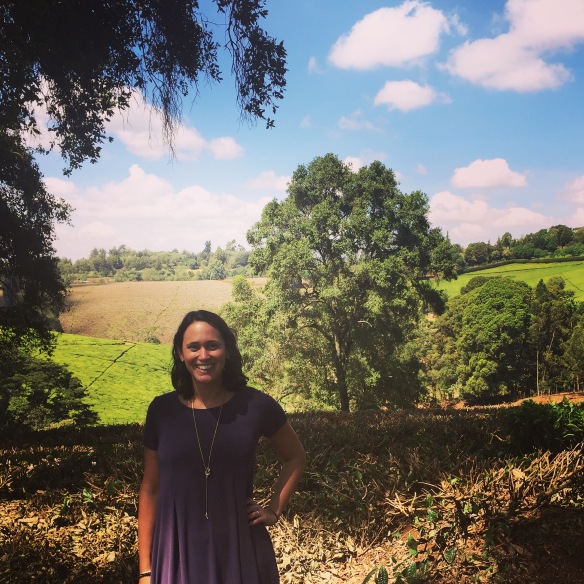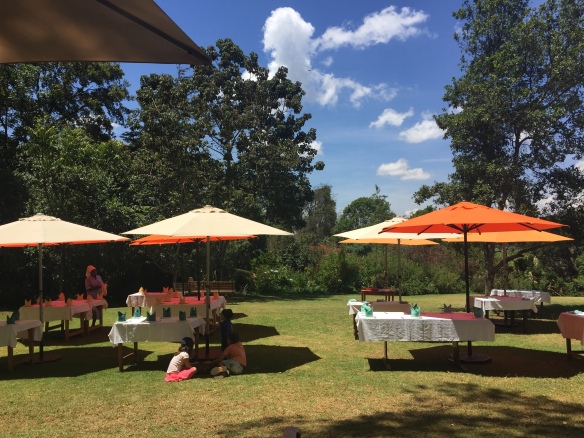On this trip, there have been a lot of things I have seen or experienced that seem unusual or out of the ordinary to me. Moments when I think to myself, “wow I wish someone from home could see this.” Each moment like that I usually have a poker face and pretend that it’s nothing I haven’t seen before when really, I am documenting it in my head. I am not sure where the instinct comes from to pretend it is not unique to me. Maybe it is so I don’t appear to be judging or maybe so I don’t stand out even more than I do already. However, there have been several moments, sites, or events that have seemed quite unique to me.
When I say I am going to Africa people expect that I will see a lot of animals. The animals they are thinking of are exotic animals like monkeys, zebras, or giraffes. What I have seen instead is a a lot of what we would think of as farm animals – goats, cows, and especially chickens – roaming everywhere. When a colleague of mine wanted to buy a chicken for an upcoming dinner a man stood at the side of the road holding the live chicken upside down and she felt it assessing how meaty it was. I was hoping that she wouldn’t pick this chicken to buy and it wouldn’t be riding in the car back to town with us. Instead it seemed that wasn’t her chicken. I have done several interviews with chickens present. One interview I thought I heard noises and looked down at my feet and there was a large chicken in a box next to me. In another interview, half way through the interview a woman’s son brought in four baby chicks chirping away. While there was a moment I thought they were cute once they started flapping their wings and pooping all over the small room we were in I felt myself unable to concentrate on the interview. I don’t generally like birds and don’t have a specific grudge against chickens, but I haven’t been this up close and personal with chicks since I did that project in 4th grade where the class incubates eggs.
It hasn’t been all farm animals though. When I got to a new hotel in a lake town closer to the airport the woman showing me my room told me to lock the porch door and not leave the screen open. I nodded trying to move the tour along because all I wanted to do was lie down. She said, “please follow this rule. The monkeys around here want to come into the rooms and they can open the screen door.” My face must have looked slightly alarmed because she said, “are you afraid of monkeys?” I thought to myself, “no, but I’d prefer to not think about them trying to break into my room in the middle of the night.” Instead I said, “no I am fine thank you.”
Related to farm animals, I am pretty open when it comes to food. I had goat stew and enjoyed it. I will try most things. If it is something I am nervous about I will just try a little bit of it figuring if I only have a small piece it probably won’t harm me. However, in one of my last meetings with a respected elder his wife brought over what looked like juice (just as I thought our two-hour meeting was coming to an end). I was a little nervous drinking homemade juice since I don’t know if it was mixed with water I couldn’t drink. But I went with my “just try a little bit” rule. I took a sip and it was extremely sour. The man explained he was in the process of making his own fruit wine. That is where I had to draw the line for so many reasons – I had interviews to do the rest of the day and bootleg wine might actually kill me. My colleague who is from close by and had an established relationship with this man felt out of respect she had to drink all of her wine (especially because I wasn’t). She really took one for our team. The man noticed I wasn’t drinking and asked, “Do you not drink alcohol?” This would have been a perfect out, maybe I could have had some story about that, perhaps I was just like the missionaries in the town. I felt like I couldn’t completely lie so I replied with, “not really.” His response was, “me neither,” as he continued to drink his wine. While I usually try to go with the flow in that moment I decided we all are entitled to have limits.
There has also been a lot of talk about spirits and witch doctors in my interviews. As someone who has been to a naturopath doctor, reads self-help books like The Universe Has Your Back, and did some pretty out there things in yoga teacher training, I really was in no place to judge. People spoke so much about dreams and I have had so many dreams while here. I started wondering what the interpretation would be of them and about what kind of natural remedies I might need for all of my ailments. I didn’t let myself go too deep down this road though because I could just see myself getting stopped at customs with bags of natural medicinal herbs.
Small talk is especially hard when you have different cultural reference points. During one long silence a colleague said, “wow there is so much sugar cane there” as we passed a field. I said, “Yeaahhhh” as in all knowing me was comparing it to how little there was last year or something more insightful. There are a few tricks I have developed for these awkward small talk moments. First, the absolute best way to get over any awkwardness is with the presence of children. In many of my interviews the woman I was interviewing had a child on her lap or there were children briefly interrupting our interviews. Children are particularly captivated with me here, not because of my particular gift with children that I would humbly argue I have in the U.S., but because of the color of my skin. They stare at me and yell, “hi!” practicing their English words. Kids are the same everywhere. They like peek-a-boo, waving and smiling, drawing, and attention. I had to stop my instinct to behave like an American with a child. We were sitting around talking at one rural site and a little two-year-old was sitting with us. The people hosting us brought over ground nuts they cultivated (almost exactly like peanuts) and the two-year-old put a whole one (shell and all) into his mouth. Immediately my instinct (that I resisted) was to grab it out of his mouth, but I did make a little concerned noise. I noticed no one seemed the slightest bit concerned. He kind of chewed the whole thing in his mouth for awhile, then spit it out, and we started opening up the shells for him so he could eat the little ground nuts. I could not imagine this happening with a two-year-old in the U.S., but he seemed to be doing just fine.
My other tool for making connections is language. In Kenya and Uganda, I found especially eager language tutors in my drivers. In Uganda, this trip my driver wanted to teach me a few new words in Acholi each day. I tried to start all my interviews with saying “my name is Phoebe” in Acholi, but I think my pronunciation was so bad my colleague had to translate it anyway. I know one word well that is almost like “aloha.” It seems to serve as “nice to meet you” “thank you” and general greetings. It is apowo (pronounced aphoyo). I think I said that word more in the past few days than any other word. I said it at the start of the interview, throughout the interview, and several times as we were leaving. Perhaps I went overboard, but I had no other way to express my gratitude in my own words.
Today is my last day in Africa for what I think will be a long time. I am cataloguing all of the things that I thought were unique or different to remember when I am living my ordinary life in the states. I may have particular flashbacks when I eat chicken.
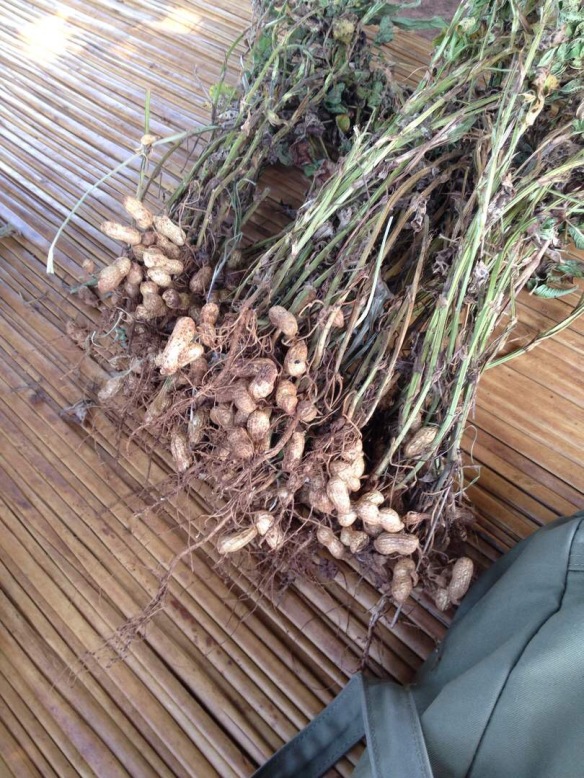
Ground nuts
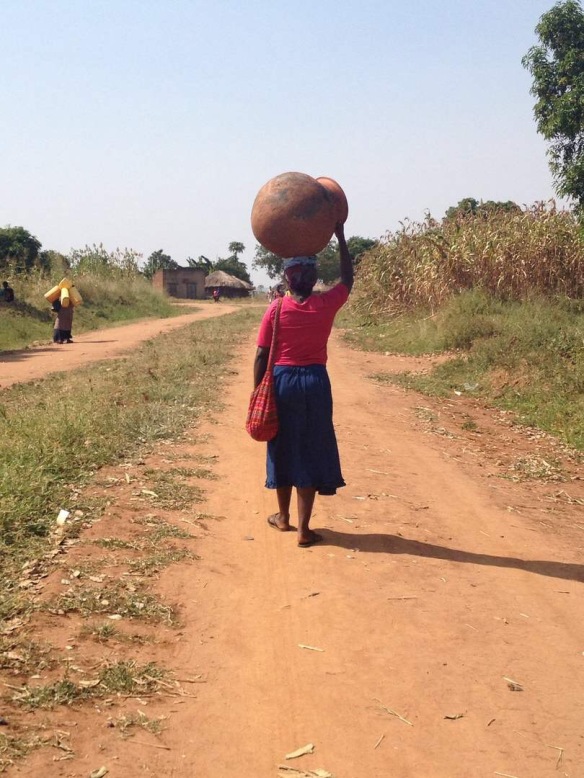
One of my favorite unique things to watch – woman can carry almost anything on their heads
